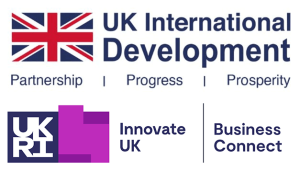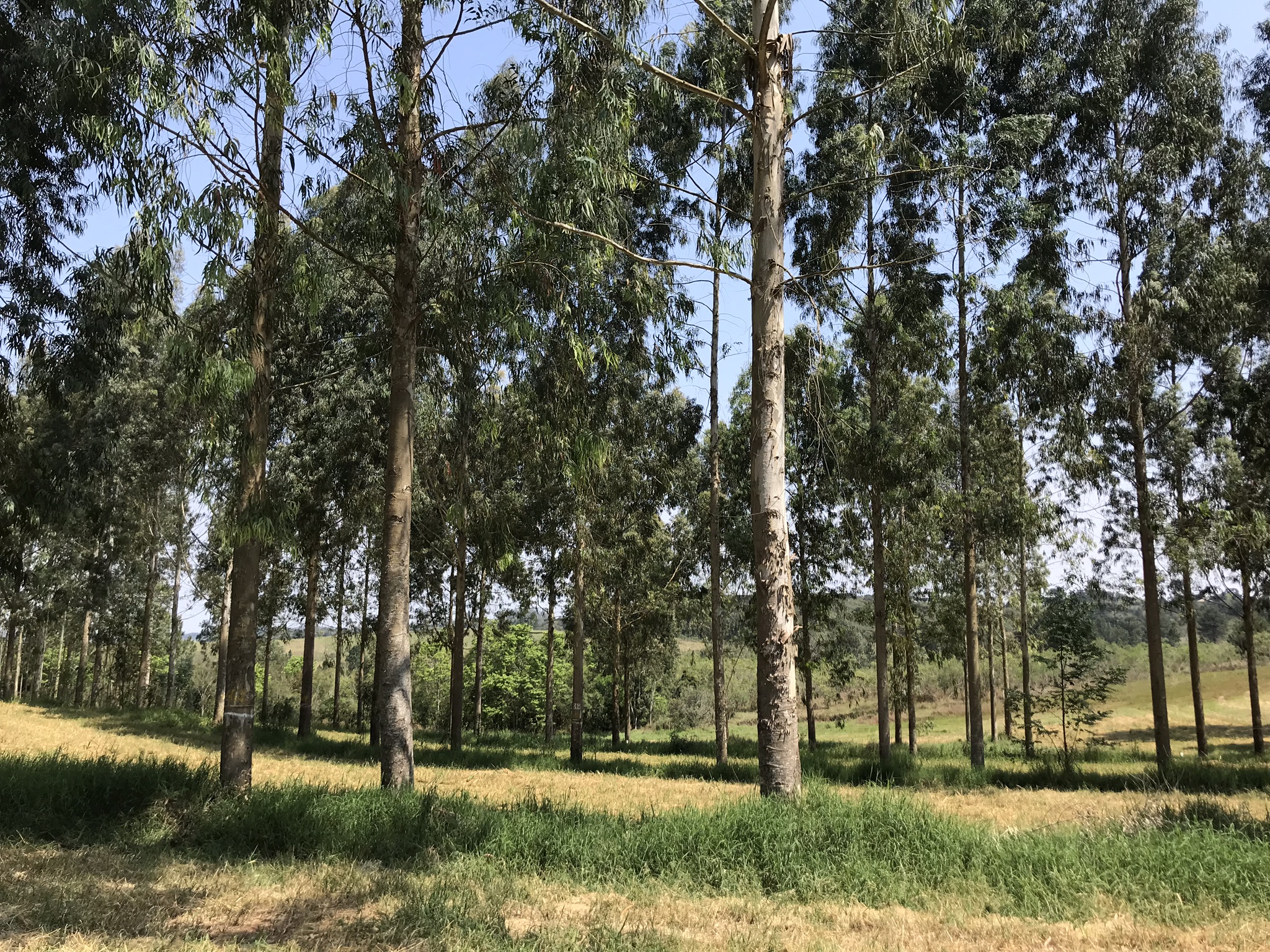
Contract Period : 01/12/2024 - 28/02/2025
Project Webpage : https://iuk-business-connect.org.uk/news/climate-smart-agriculture-partnership-scoping-projects-announced/
Main Funder : This Scoping Project is supported through the Climate-Smart Agriculture Partnership: UK-Brazil-Africa, funded by the Foreign, Commonwealth and Development Office (FCDO) and delivered by Innovate UK.
ORC Staff Contact : Will Simonson

Agrosilvopastoral system in Brazil (Will Simonson)
This project aimed to promote the use of silvopasture to build resilience in the livestock sector of Ghana and Nigeria, by networking with stakeholders in these African countries, UK and Brazil.
Silvopasture is a climate smart agricultural approach proven to mitigate the expected impacts of climate change and build resilience in farming communities. Silvopasture combines livestock with trees and forages, improving productivity, diversification, animal wellbeing and ecosystem services. For example, the trees create vital shade and shelter during heat waves, whilst also providing nutritionally and medicinally important browse, and potentially new marketable by-products for the farmers, whilst soil health is improved and carbon sequestered.
The aim of this silvopasture networking initiative was to bring together practitioners, researchers, commercial partners and policy experts within the farming and food chain sector in the UK, Brazil, Ghana and Nigeria for the purposes of:
1) identifying climate change impacts and risks to livestock farming in Ghana and Nigeria and the potential of silvopasture as an adaptation approach.
2) identifying how lessons learnt from current practice of silvopasture in Brazil and the UK could contribute to adaptation in the African livestock sector.
3) establishing the foundations of an action and research plan that allows stakeholders in Ghana and Nigeria to i) innovate silvopasture systems that are biophysically and socially suitable for their contexts, and ii) design programmes to increase their uptake and help livestock farmers adapt to the challenges of climate change and improve their livelihoods.
The project set out to identify and interview key stakeholders in each of the participating countries, hold an online workshop to carry out knowledge exchange to meet the above-stated objectives, and produce a report that will summarise key findings. Ultimately, the aim was to catalyse the future development of partnerships and projects for making a difference on the ground.
The final report synthesises our findings on how silvopasture provides climate change adaptation benefits, the challenges facing the livestock sector in Ghana and Nigeria as a result of climate change, and the potential of, but also barriers to, silvopasture being implemented at scale as a climate-smart solution in Africa. Opportunities for international transfer of knowledge, technologies and practices are discussed, with six proposals put forward on the topics of livestock health, tree fodder, decision support for tree species selection, infrastructure for tree protection and irrigation, reduction of enteric methane emissions, and community-based solutions.
There was a strong emphasis throughout our discussions on the need for conflict resolution initiatives, due to the breakdown of traditionally cooperative relationships between sedentary farmers and transhumant herders. The challenge for technology transfer and the contribution of the private sector is to work with an extensive pastoralism model, support commercial production where that is appropriate and sustainable, and support local initiatives working on solutions that can meet the intersecting challenges of climate change and social conflicts.
Lead Partner